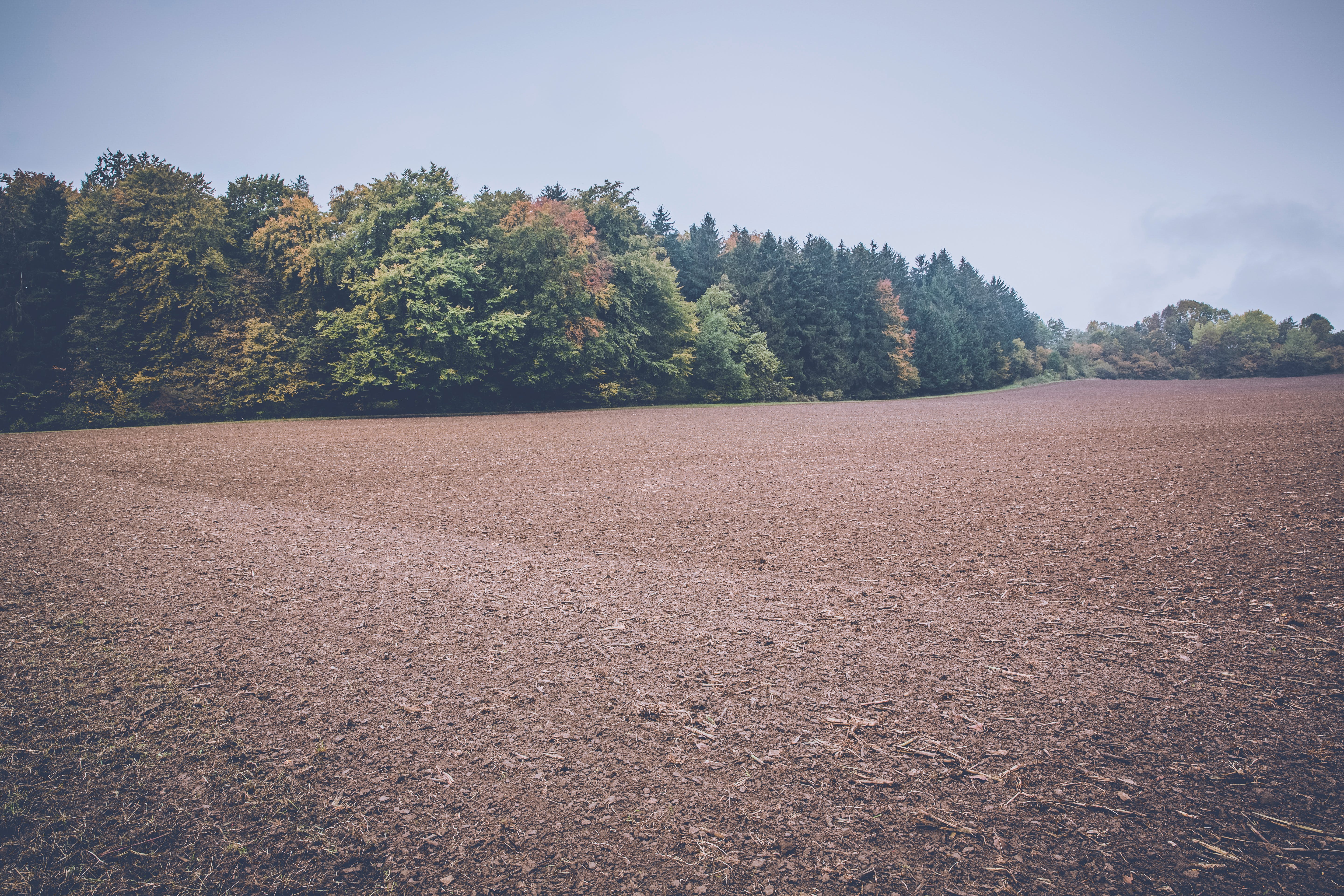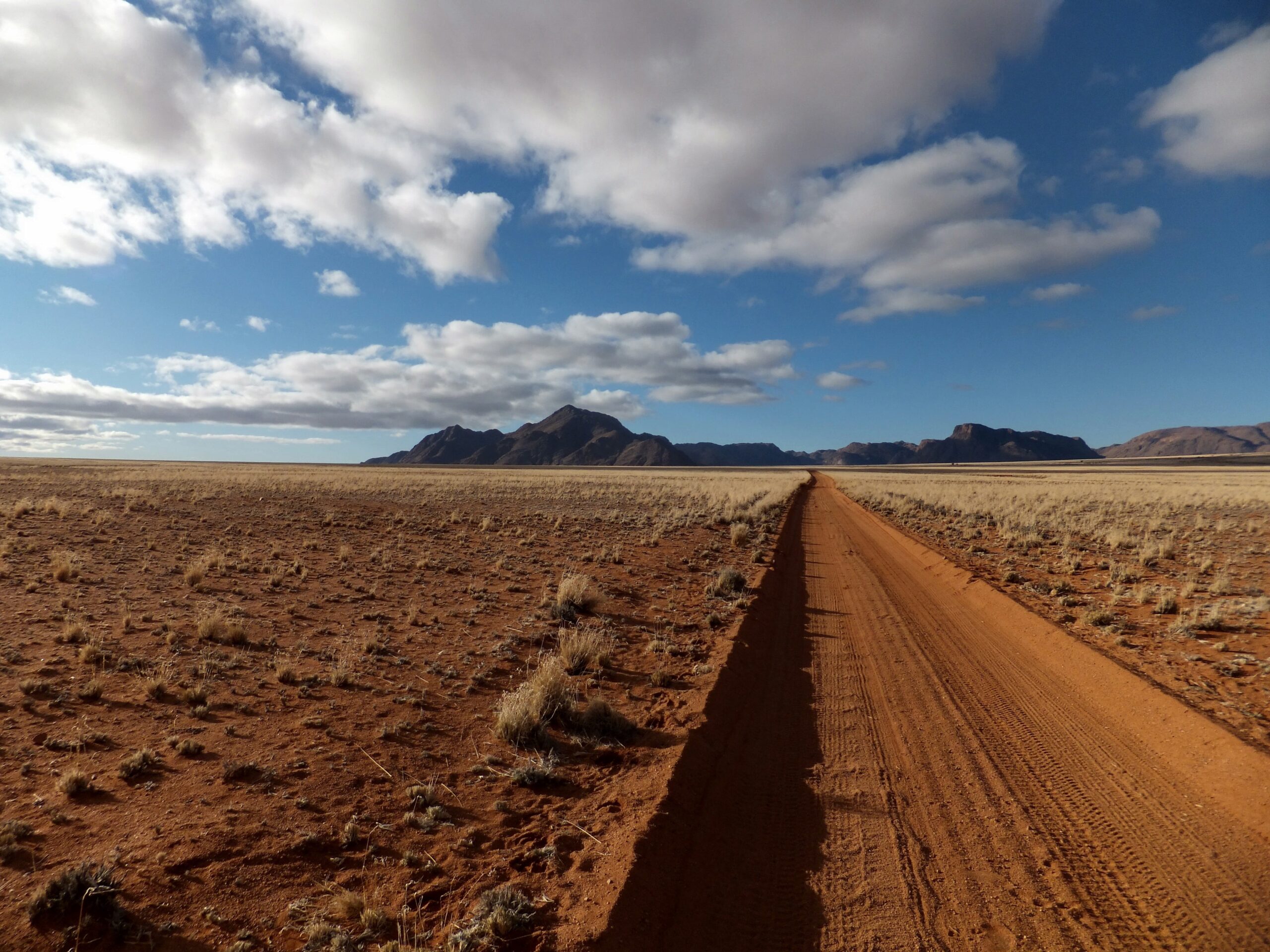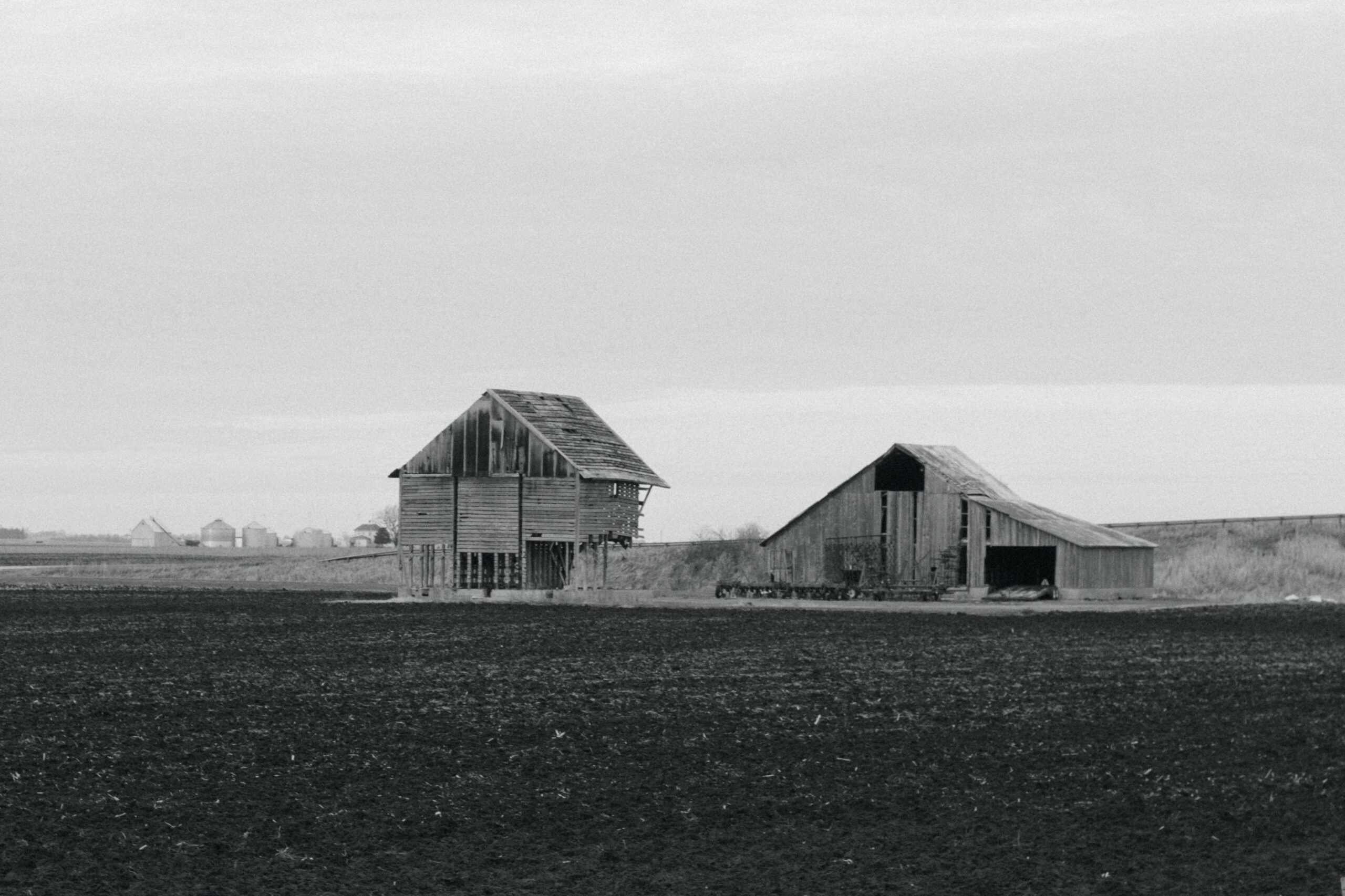- Comparable Land Sales:
One of the most reliable methods to estimate the market value of your land is by examining comparable sales in your area. This approach involves looking at similar land parcels in your vicinity that have recently been sold or are currently listed. Analyzing these transactions can provide valuable insights into the prevailing market conditions and help you determine a competitive and realistic price for your land. - Where to Find Comparable Land Market Values:
If conducting a general online search for comparable land sales yields limited results, you may need to explore specialized real estate websites. Two popular platforms for researching land values include:
Landwatch:
Landwatch is well-suited for properties in rural settings, such as vacant land, farms, ranches, and mountain properties. It offers comprehensive listings for these types of land, making it an ideal resource for estimating values in such areas.
Zillow:
Zillow is a versatile platform offering a wide range of real estate information. It provides property listings, mortgage lender information, recent sales data, and more. Zillow’s extensive database can be valuable for researching land values in various regions.
Both websites allow you to narrow down your search based on criteria like ZIP code, state, county, and acreage. This enables you to access recent sales data specific to your area. Keep in mind that the value of any property is ultimately determined by the agreed-upon price between the buyer and seller.
- Factors Impacting Land Values:
Several factors can influence the value of raw or vacant land. Understanding these elements can help you better estimate your land’s worth and potentially increase its value:
Acreage:
Larger land parcels, spanning several acres or more, often command higher prices. Buyers seeking to build homes, developers, and investors are willing to pay more for spacious properties. Additionally, those dreaming of country living or owning farms are inclined to pay a premium for larger lots that meet their requirements.
Utilities:
The availability of utilities on or near your land can significantly impact its value. For instance, land with existing access to electricity and water may attract higher offers from buyers intending to build homes. On the other hand, land intended for recreational use, such as hunting or fishing, may not require utilities, potentially saving you costs associated with infrastructure improvements.
Topography/Usable Space:
Desirable features such as scenic views, ample space for outdoor activities, proximity to natural habitats, or wildlife can enhance your land’s appeal and increase its value. Highlighting these unique characteristics in your listing can attract more buyers and potentially add thousands of dollars to your land’s worth.
Road Access:
The ease of access to your land plays a vital role in its perceived value. Properties with road frontage and existing driveways tend to command higher prices. Consider the potential cost savings for buyers when assessing the value of your land.
Surrounding Area:
The location of your land is a crucial factor in determining its value. The proximity to desirable amenities, attractions, or natural landmarks can significantly influence the perceived worth of your property. Tailoring your pricing strategy to reflect your land’s unique attributes in the context of its surroundings is essential.
Land Property Use:
The intended use of your land also plays a pivotal role in its value. For example, land suitable for recreational purposes may have a different value compared to land located near a major attraction or a prime building location. Understanding how potential buyers intend to use the land can help you estimate its worth more accurately.
- Hiring a Real Estate Appraiser:
If you’ve conducted research, consulted with real estate professionals, and still find it challenging to estimate your land’s value, it may be time to enlist the services of a qualified real estate appraiser. Ensure that the appraiser specializes in vacant land appraisal rather than just residential properties. It’s advisable to request their license number and verify their legitimacy through the real estate governing board in your state.
In conclusion, estimating the value of your raw or vacant land can be a straightforward process when you employ the tips and resources mentioned above. By conducting thorough research, determining comparable sales, and considering the unique attributes of your land, you can set a competitive price that attracts potential buyers. Remember that pricing your land accurately is key to a successful sale, whether you’re targeting land buyers, developers, or investors. For more information, visit contact us.






